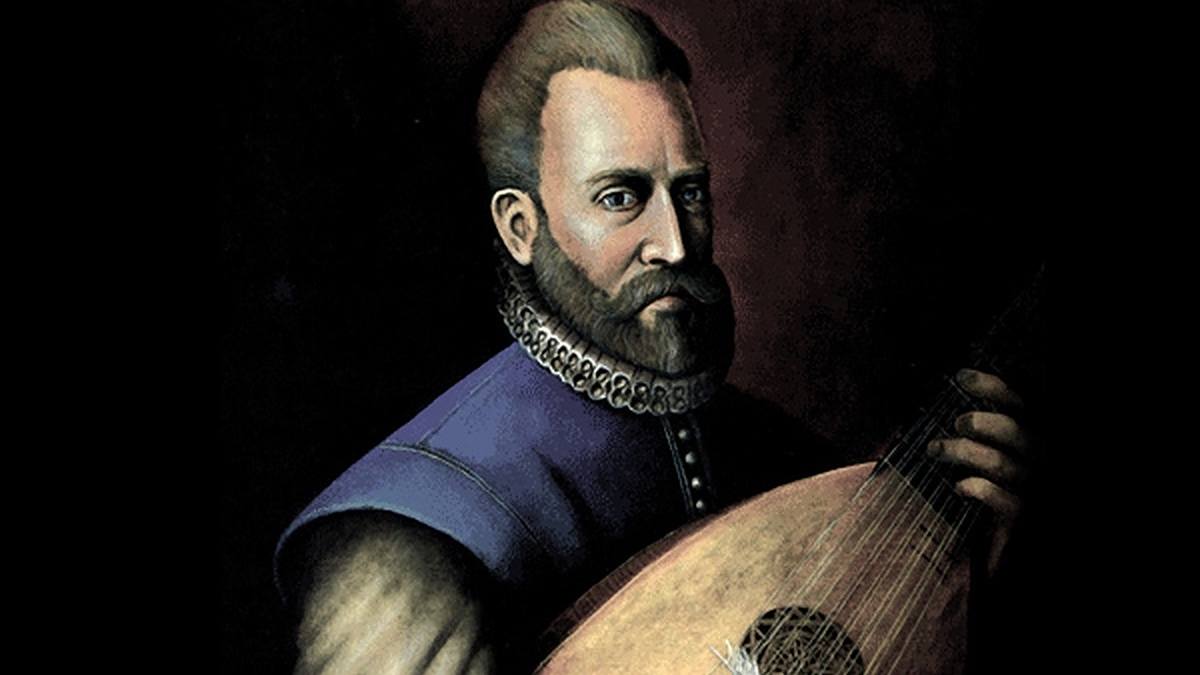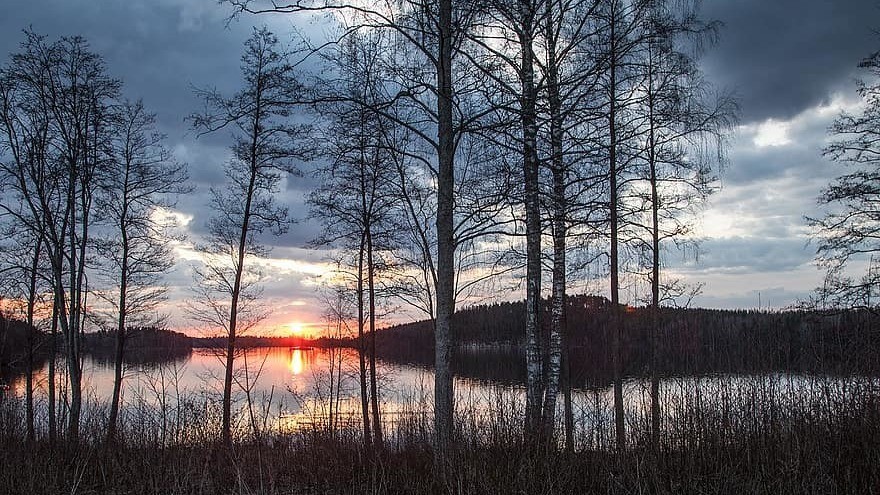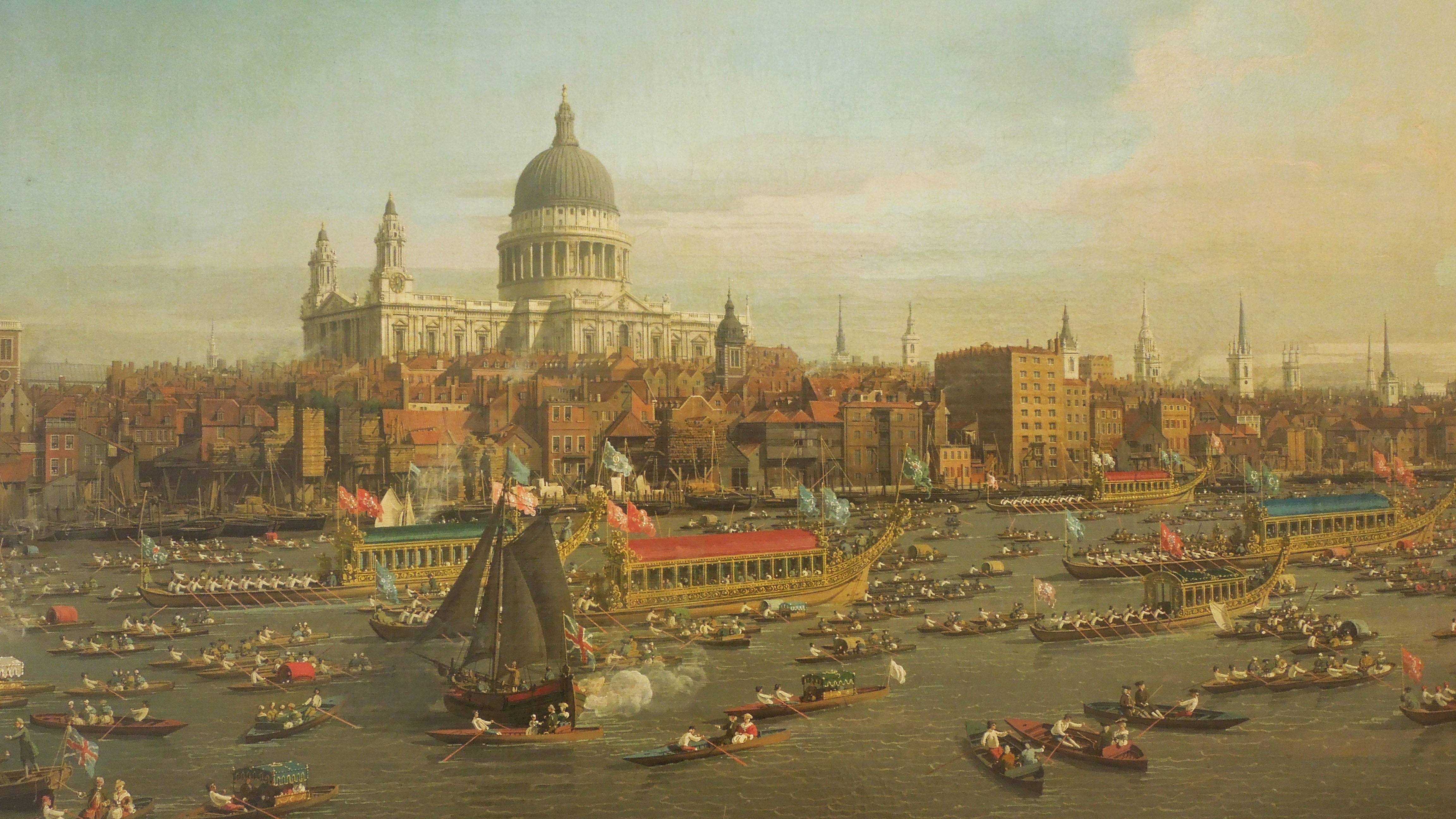Beethoven’s Third Symphony, “Eroica”: Music of Revolution
The music of Beethoven, perhaps more than any other composer, embodies the spirit of revolution. It is music filled with ferocious struggle and ultimate transcendence. Heralding the dawn of Romanticism, it signifies the ripping apart of an old order and the emergence of something new. Genteel, aristocratic elegance is replaced by edginess, disruption, and pathos. We hear the music of the court transitioning to the music of the public concert hall. An …







